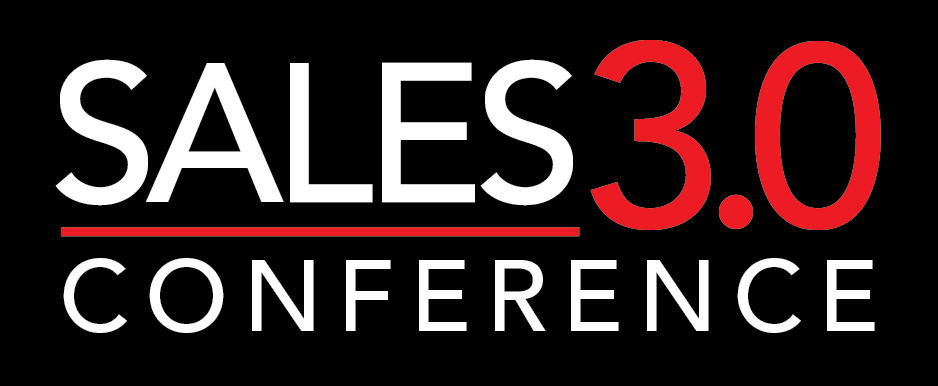Artificial intelligence (AI) has become a pivotal tool in enhancing revenue enablement, sweeping across all industries. Here are the “Magnificent 7” best uses for AI in this domain.
1. Predictive Analytics for Sales Forecasting
AI algorithms can analyze historical data and market trends to predict future sales with high accuracy. For example, companies could use AI to forecast demand for specific products and adjust their inventory and marketing strategies accordingly. One of the leaders in predictive analytics is Anaplan.
2. Personalized Customer Experiences
AI can tailor the shopping experience for each customer based on their past behavior and preferences, leading to increased sales. An e-commerce platform might use AI to recommend products a customer is more likely to purchase. MIT Technology Review recently interviewed NICE Senior Product Marketing Manager Michele Carlson on building better customer experiences utilizing AI.
3. Automated Customer Service and Sales Contact Centers
Chatbots and virtual assistants powered by AI can handle customer inquiries and issues around the clock, improving customer satisfaction and retention. A telecommunications company could deploy a chatbot to assist customers with common queries, freeing up human agents for more complex issues. A leader in this technology, Vocodia, is advancing the technology of DISA, “digital intelligent sales agents.”
4. Optimized Pricing Strategies
AI can dynamically adjust prices based on various factors such as demand, competition, and customer behavior. A hotel chain might use AI to change room rates in real time, maximizing revenue based on occupancy and seasonality. Harvard Business Review has published a step-by-step guide for using AI to develop real-time pricing models.
5. Efficient Ad Targeting
AI’s ability to analyze vast amounts of data enables highly targeted advertising campaigns that are more likely to convert. A digital marketing agency could use AI to identify the most effective channels and times to display ads to potential customers. Digital Resource has an interesting how-to guide for utilizing AI in ad targeting.
6. Enhanced Lead Generation and Qualification
AI can identify and prioritize leads that are more likely to convert, ensuring that sales teams focus their efforts where they are most needed. A software company might use AI to score leads based on their interaction with the company’s website and emails. There are a plethora of lead generation and qualification options available in the marketplace, and the list is growing every day. Here is an insightful best practices piece on using AI for lead qualification.
7. Streamlined Sales Processes
AI can automate many of the repetitive tasks involved in sales, such as data entry and appointment scheduling, allowing salespeople to spend more time selling. An automotive dealership could implement AI to schedule test drives and follow-ups with potential buyers. The options available include everything from specific apps for each sales process to enterprise options like Microsoft Copilot for Sales.
AI’s ability to process and analyze data at scale makes it an invaluable asset for companies looking to improve their revenue enablement strategies. By leveraging AI in these key areas, businesses can not only increase their efficiency but also provide a more personalized and satisfying experience for their customers.

Today’s blog post is by Jeff Campbell. He is AI Editor of Sales 3.0 Conference.




